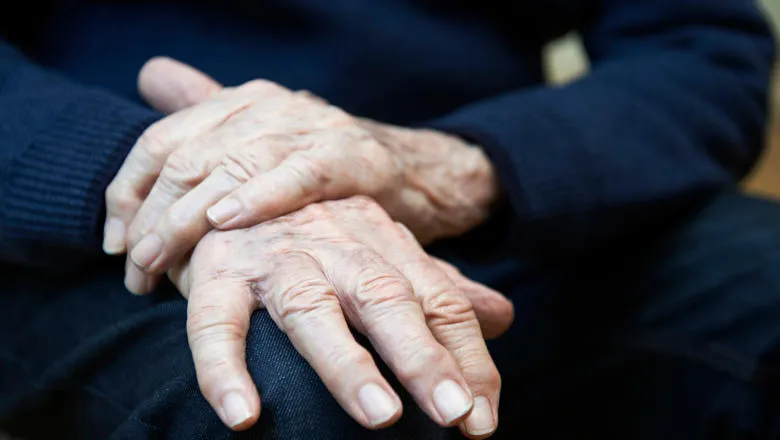This clinical trial will determine, for the first time, whether CBD can correct the abnormal functioning of the brain that is causing symptoms such as hallucinations and delusions. Current treatments prescribed by clinicians for psychosis, typically work by blocking dopamine receptors which can increase the problems people with Parkinson’s experience with movement and other symptoms of the condition.
Professor Sagnik Bhattacharyya
14 October 2019
Trial of CBD for treating Parkinson's-related psychosis
A new clinical trial at King’s College London will investigate the use of cannabidiol (CBD) - a compound found in the cannabis plant - to treat hallucinations and delusions in people living with Parkinson’s.

The phase II clinical trial is funded by a £1.2 million grant from Parkinson’s UK.
There are currently 145,000 people living with Parkinson’s in the UK and between 50 and 60 per cent of them will be affected by psychosis at some point in their life.
This is the first large-scale trial which will aim to provide preliminary evidence for the potential benefits and safety of CBD to alleviate the symptoms of Parkinson's-related psychosis, characterised by hallucinations and delusions.
Hallucinations and delusions can be frightening and distressing for people with Parkinson’s and their families and are typically managed with the removal of medication used to treat Parkinson's. If the symptoms persist, antipsychotic drugs are sometimes used, however this can result in worsened motor symptoms and side effects. In the UK, there are no medications licenced for Parkinson's-related psychosis.
The study, scheduled to start in early 2020, will begin with a six-week pilot to assess the safety, tolerability and effectiveness of pharmaceutical grade CBD in people with Parkinson’s-related psychosis. To find the optimum dose, CBD will be delivered orally in capsules at a dose of up to 1,000 mg/day. In the second stage, 120 people with Parkinson’s-related psychosis will be recruited to take part in a 12-week double-blind, placebo-controlled study.
The research team, led by Professor Sagnik Bhattacharyya from the Institute of Psychiatry, Psychology & Neuroscience, will assess the safety and effectiveness of CBD via detailed assessments of psychotic, motor and non-motor symptoms, alongside brain imaging.
The projects funded through the Parkinson’s Virtual Biotech are driven completely by the Parkinson’s community. We hope this unique trial will demonstrate the potential of CBD to alleviate the symptoms and be one step closer to delivering a treatment that will positively impact the quality of life for those affected.
Dr Arthur Roach, Director of Research at Parkinson’s UK
